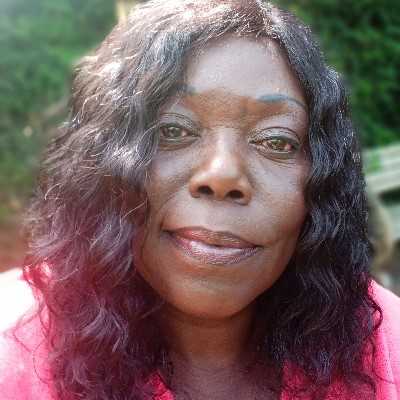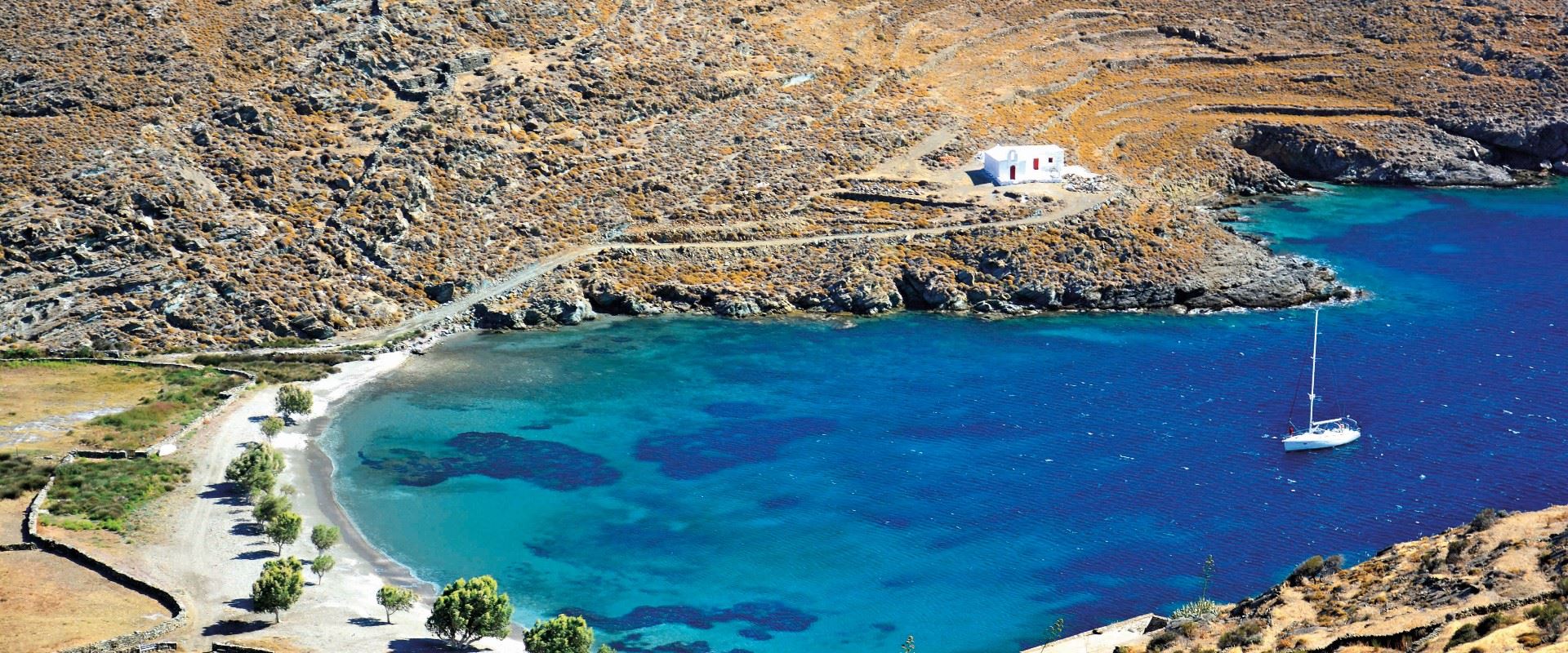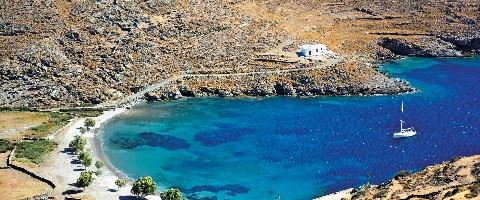The island has beaches as good as any in the Cyclades - over sixty of them, although few are organised. The most famous is Kolona, a 200m sandbar linking Kythnos with the tiny islet of Aghios Loukas - but most can still only be reached on foot or by sea. Even those that do have road access remain blissfully undeveloped (for now!).
The heart of island life is to be found in the pair of gorgeous inland villages, Chora and Driopida, each a whitewashed Greek classic and where most of the 1800 population live. Our hotel and walking base is in Chora, a smart, stylish little place with four tavernas, cafes and even a couple of fashionable bars. If you are not a walker then car hire is a must (we can pre-book, please enquire).
5 kms from Chora, Loutra is the closest thing to a seaside ‘resort’ on Kythnos. Only approaching busy in high season, it does possess a good choice of restaurants (including Sofrano, a fine dining establishment run by a celebrity chef from Athens), cafes, small shops and a sandy beach (others can be reached by foot). There is a dive school, a bus to other villages and also a thermal spa used since Roman times (small entrance charge for this but cheats can sit in the hot spring water outside as it runs into the sea!).
Just to the north of Loutra you can see the ruins of the oldest known human habitation in the Cyclades - a Mesolithic settlement dating back to c 9000 BC.
Kythnos has a history dating back to prehistoric times, hot springs, one of the largest caves in Greece, countless chapels scattered across its landscape, ruined castles, an ancient city and strong traditions, with still-working donkeys and colourful festivals. It also has a recently opened network of walking paths, and we therefore propose our one week walking holidays as the best way to really get under the skin of this undiscovered, beautiful and charming island. However, should you prefer to do your own thing all our clients here will receive a copy of a Hiking Guide on arrival, detailing 11 well designed routes and likely to be handed to you by one of the two co-authors, local guide Katerina Filippa or Nigel Tutt who is British.








